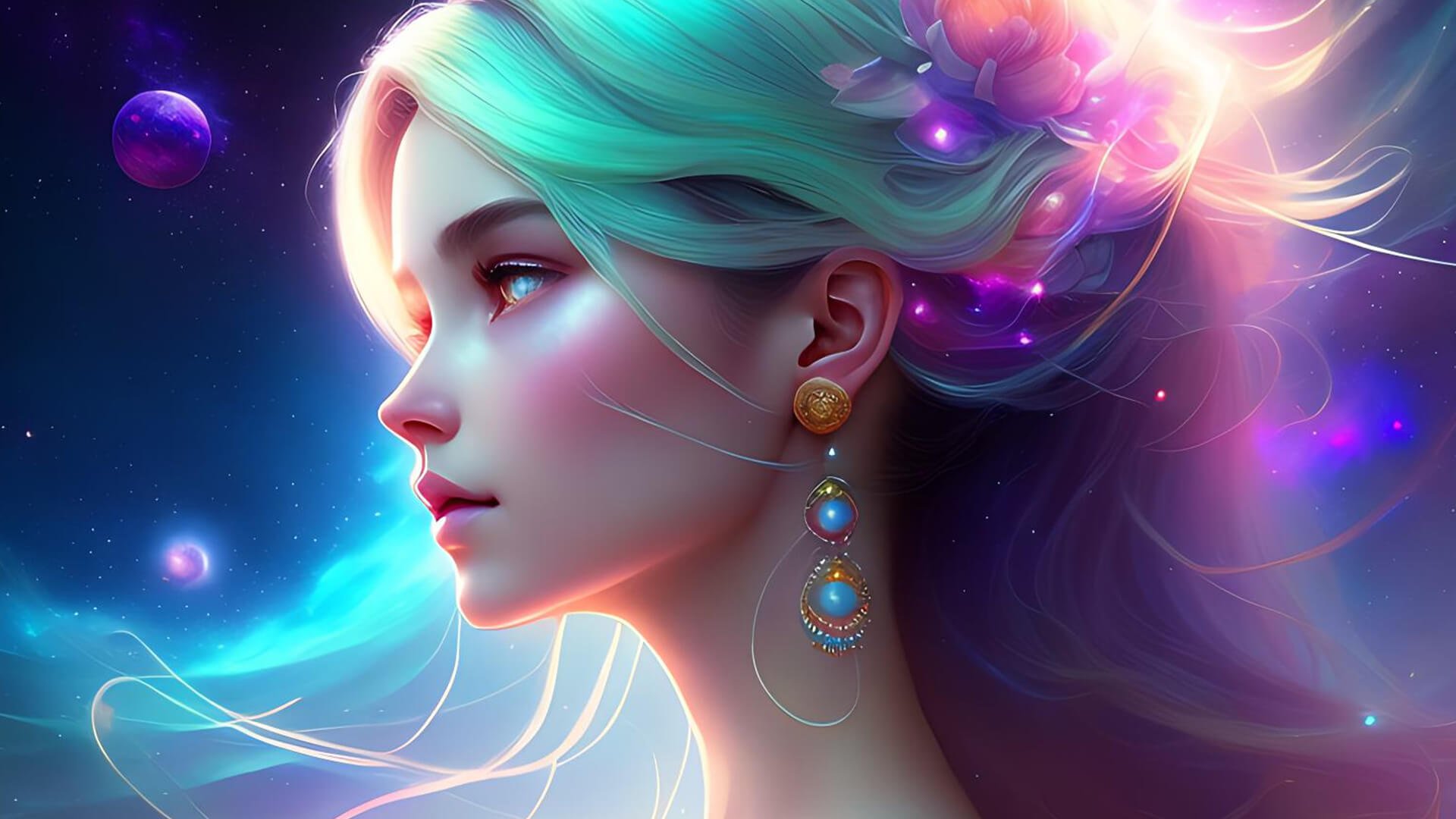Strange and stranger things are here - by Maurice D. Harris
Over the past year, I’ve watched a lot of YouTube videos of Yuval Noah Harari, author of the recent book, Nexus, which offers a concise history of human information networks “from the stone age to AI.” Harari is one of those people who is a pleasure to listen to. He’s been making the interview rounds over the past year and presenting a pretty pessimistic set of warnings about the downsides of AI that may await us. He generally makes the caveat that he’s not actually as pessimistic as he sounds in these interviews, but that he feels that AI optimists have plenty of loud and powerful advocates in Silicon Valley, and what he’s concerned about is that the general public may not be getting sufficiently informed about the potential downsides, some of which are catastrophic.
Exploring Generative AI Apps
Meanwhile, like millions of other Americans, I’ve been exploring and playing with the free consumer generative AI apps. Making lots of practical use of ChatGPT, Claude and Perplexity for assistance with different work tasks. And, in the past couple weeks, goofing around on Sora, the image and video generating AI app from ChatGPT.
At the same time, I’ve been learning more about some of the costs and ethical concerns about these tools. In particular:
- These models have all been trained by using all the content on the internet, including the copyrighted work of artists and writers, without obtaining any licensing agreements or paying any compensation.
- The apps use a tremendous amount of energy, and the companies aren’t obligated to keep their energy sources clean, so unless there are major changes in the energy consumption practices of these companies, there’s a big energy cost to each use.
- There are data privacy concerns that haven’t been adequately addressed.
- Some of the companies outsource work to people in poor countries — work involving reviewing and screening out harmful or illegal internet content so that the learning by the AIs isn’t corrupted by the bad stuff online — and they pay as little as $2 a day for workers to be exposed to some of the most horrible things online.
- AI companies spend a pittance of what they should be spending on preparing for potentially catastrophic problems that may arise as AI systems become more powerful and agential (meaning able to make their own decisions and carry out actions based on them).
Ethical Contemplations
So far I’ve heard two ethical positions expressed by people I know and respect. One is that these ethical failings are so severe and serious that consumers should refuse to use these apps and platforms, and instead band together to demand a list of reforms needed before they are willing to become users. The other is that consumers should use all the tools freely, in part because this technology is here to stay, and in part because a lot of good can be done with these tools. The second of these positions also calls on consumers to be vigorous activists for a set of reforms, increasing political and consumer pressure.

I haven’t made up my mind where I stand on this ethical question. But I am an active user, so I guess I have. Except I don’t know whether or not I’m causing more harm than is justifiable. Judge me as you will. I am utterly amazed at what these tools can do.
Exploring Sora: The Image Generating App
Sora, the new image generating app from Open AI, takes prompts you write and turns them into images. You can then give follow up prompts to try to get the AI to generate something closer to what you had in mind, or to let it surprise you. The potential for silliness is limitless.
I asked Sora to create a pointilism image with specific elements:
Later, I used Sora to generate a series of photos of people vomiting out celestial bodies. Why? Who knows?
But you can also get serious and ask Sora to help you make a political statement or share a deep response to the state of our society. In the image below, I told it to make a Renaissance style painting. I included a specific list of people I wanted included, but it kept deleting at least one of the people on my list, or else it sometimes duplicated some of the people. The version I’m sharing below was supposed to have Obama in it. It makes mistakes and sometimes makes them worse despite your attempts to redirect it with new prompts.

I gave Sora a pretty sparse set of instructions that led to it generating several images, one of which is below. You can judge it for yourself.

Sora also helped me create this (or maybe I helped it create this):
And this…

You can see why it’s so tempting to keep playing and seeking different kinds of help from these technologies. I don’t know whether it’s mostly right or mostly wrong to be engaging, and I don’t know whether my habits will change going forward. I do know that what’s being offered to us now is the tippy tip of the iceberg that we may be about to crash into.










